Audi introduces R33 Blue Gasoline for factory fills in Germany
Green Car Congress
DECEMBER 11, 2022
Audi plants’ filling stations transitioned to R33 Blue Diesel ( earlier post ) last year; Audi has now introduced the gasoline counterpart, R33 Blue Gasoline. R33 Blue Gasoline ( earlier post ) now replaces conventional E10 gasoline. The renewable portion of the gasoline consists of 10% fuel oxygenates—e.g.,

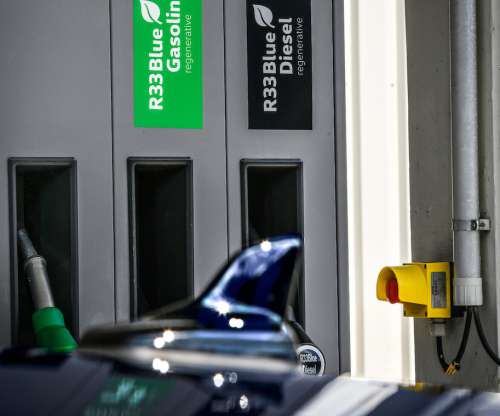
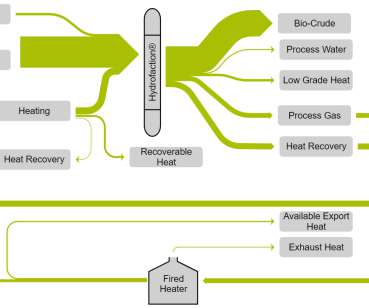



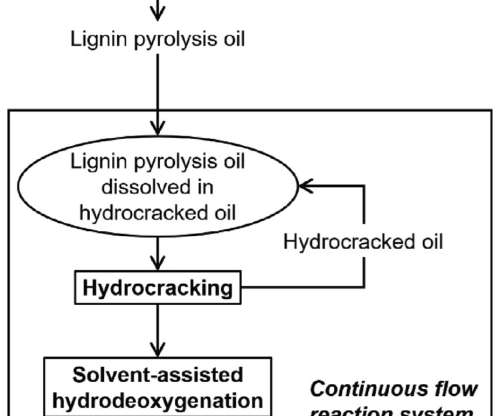
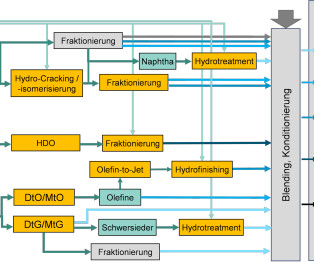




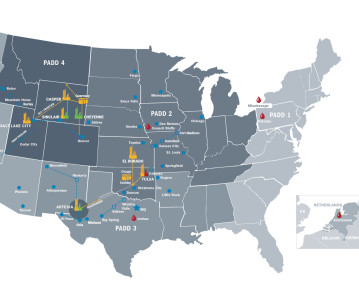







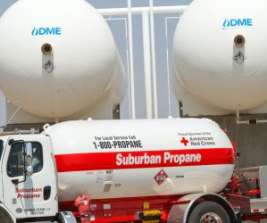


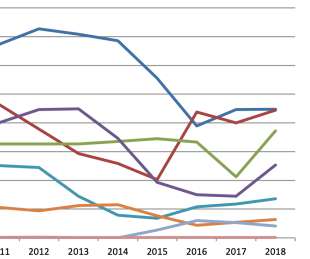















Let's personalize your content